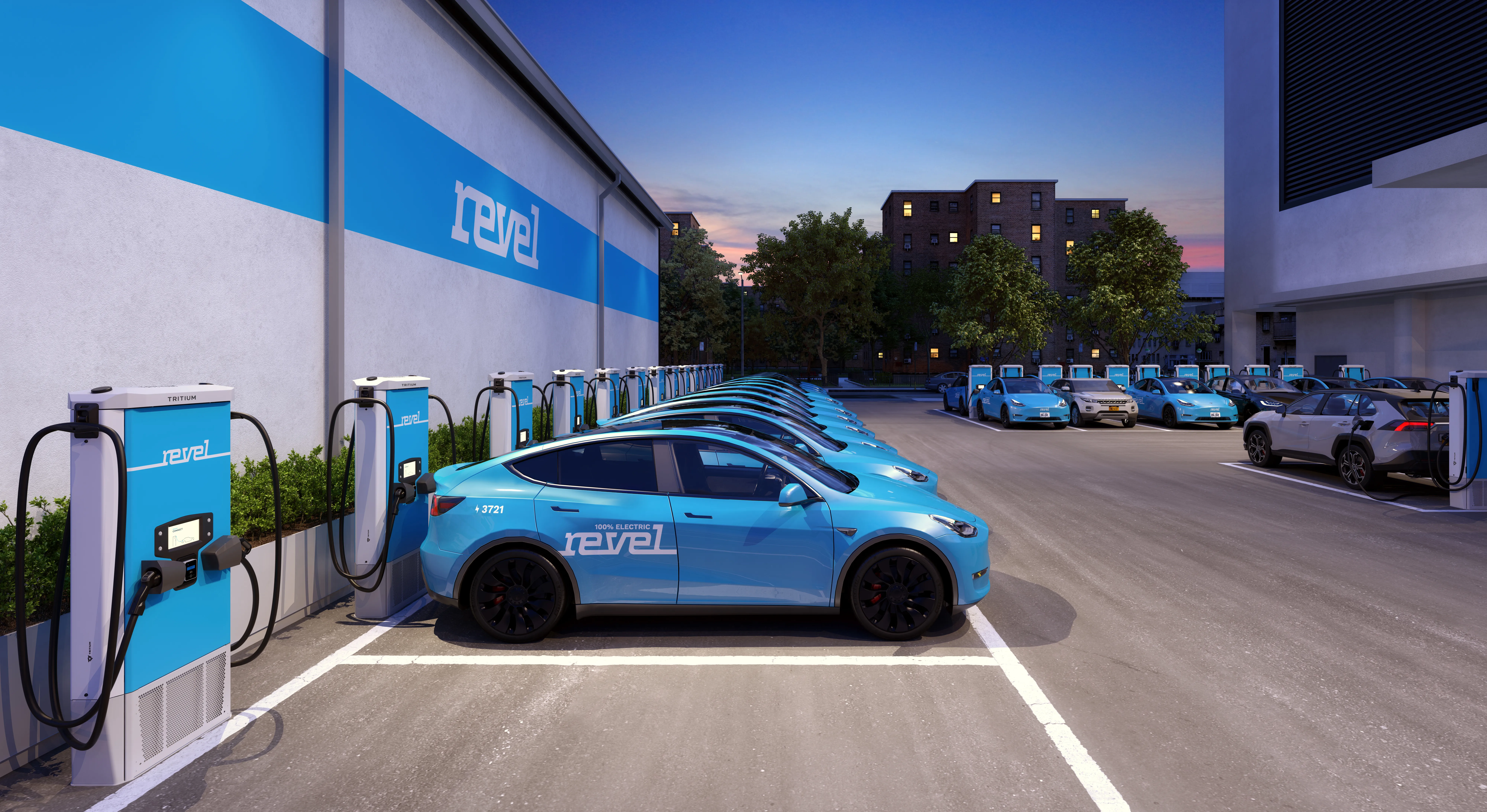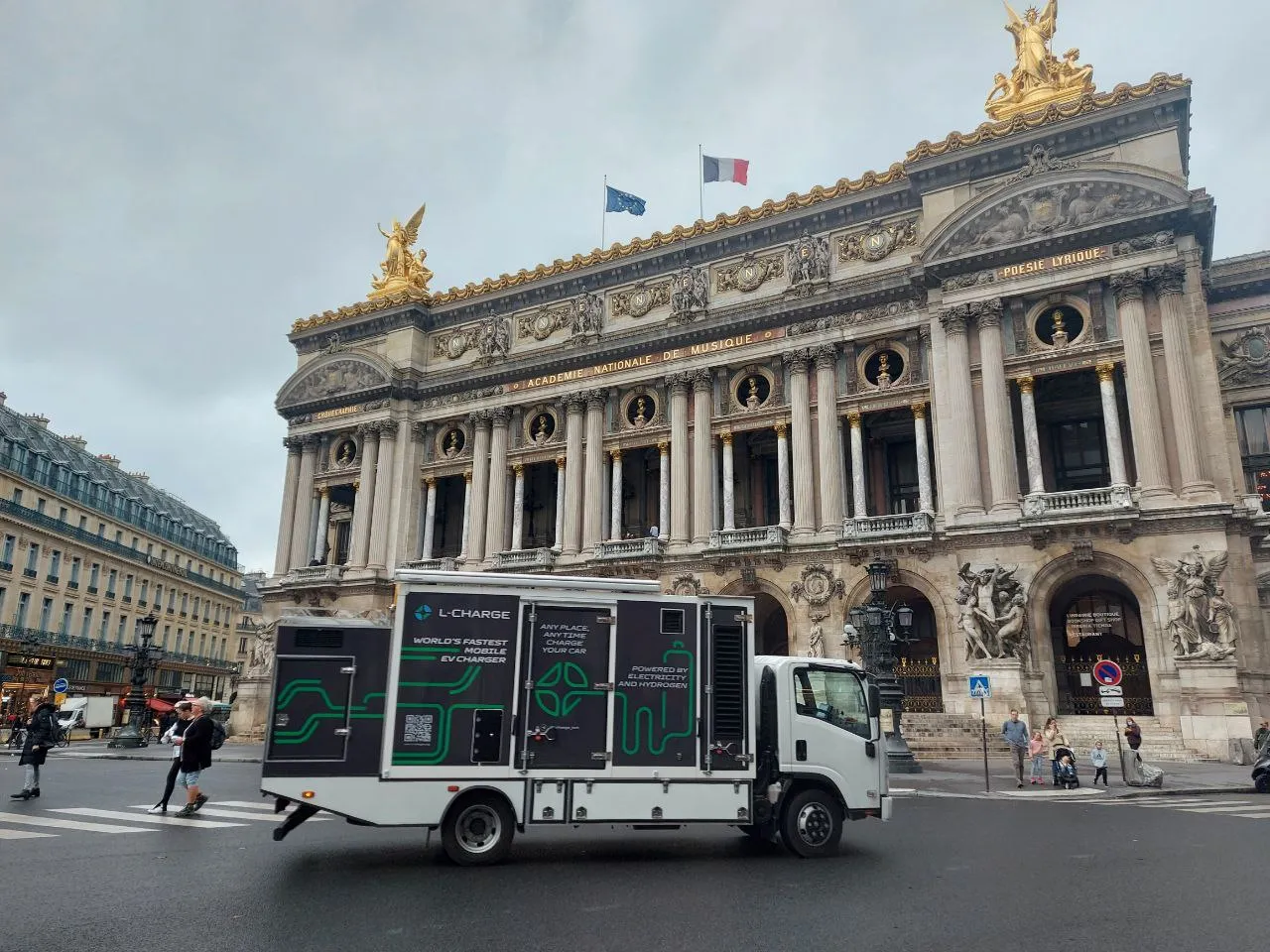
Revel is to operate an electric ride-share service in Manhattan, which it believes will accelerate the build-out of its fast-charging 'Superhubs'.
In an online post, Revel co-founder Paul Suhey says combining the electric vehicles (EVs) with the hubs will allow the company to “build the infrastructure that cities need to electrify today”.
“Superhubs reduce per-charger development costs and Revel’s electric ride-share provides the utilisation needed from day one,” he continues.
“Because we’re decoupling charger utilisation from broad consumer EV adoption, we can accelerate that build-out of Superhubs.”
Suhey insists that the EV fast-charging business on its own has “significant headwinds” to be successful, but emphasises that chargers and sites require “steep development costs”.
“Charging stations have high fixed operating costs, and, because there are so few EVs on the road, chargers are hardly used,” he adds.
Suhey warns that that EV fast-charging stations are unable to make money without high utilisation.
It is estimated that fast-charging stations need at least eight hours a day to put customer pricing “on par with gas or diesel refuelling costs”.
“Many smart people and industry-leading companies are working hard on this, but, right now, we have a chicken-and-egg problem,” he explains.
“We need fast-charging stations to drive EV adoption in cities, but we need EV adoption to drive fast-charging station development.”
In an effort to increase utilisation, Suhey claims other charging companies have courted large ride-share companies like Uber and Lyft because of the high number of miles these cars travel everyday.
He believes that the case for these drivers to switch to an EV must be compelling and cost-effective.
“So far, they remain largely unconvinced and put off by the high sticker price of EV models on the market today,” he states.
“In the limited cases where EV charging companies have been able to attract electric rideshare drivers to their public charging stations, it has resulted in congestion during peak times, making access to the one or two plugs difficult for other EV owners.”
“We need utilisation that doesn’t interfere with public use: high overnight utilisation and charging stations large enough to provide guaranteed public access during peak demand,” he concludes.










